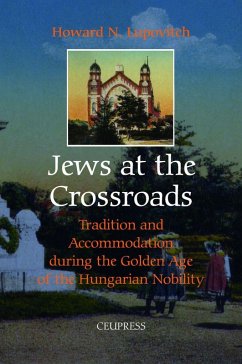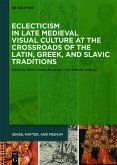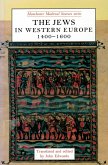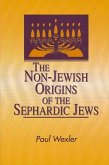Examines the social and political history of the Jews of Miskolc-the third largest Jewish community in Hungary-and presents the wider transformation of Jewish identity during the eighteenth and nineteenth centuries. It explores the emergence of a moderate, accommodating form of traditional Judaism that combined elements of tradition and innovation, thereby creating an alternative to Orthodox and Neolog Judaism. This form of traditional Judaism reconciled the demands of religious tradition with the expectations of Magyarization and citizenship, thus allowing traditional Jews to be patriotic Magyars. By focusing on Hungary, this book seeks to correct a trend in modern Jewish historiography that views Habsburg Jewish History as an extension of German Jewish History, most notably with regard to emancipation and enlightenment. Rather than trying to fit Hungarian Jewry into a conventional Germano-centric taxonomy, this work places Hungarian Jews in the distinct contexts of the Habsburg Monarchy and the Danube Basin, positing a more seamless nexus between the eighteenth and nineteenth century. This nexus was rooted in a series of political experiments by Habsburg sovereigns and Hungarian noblemen that culminated in civic equality, and in the gradual expansion of traditional Judaism to meet the challenges of the age.
Dieser Download kann aus rechtlichen Gründen nur mit Rechnungsadresse in A, B, BG, CY, CZ, D, DK, EW, E, FIN, F, GR, HR, H, IRL, I, LT, L, LR, M, NL, PL, P, R, S, SLO, SK ausgeliefert werden.









